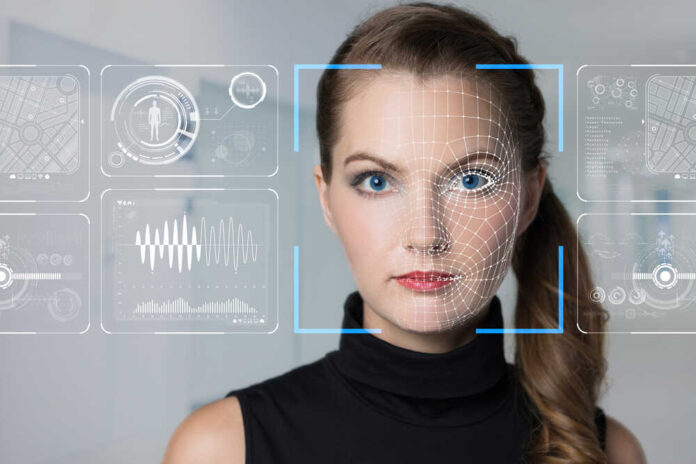The Transportation Security Administration has been conducting a pilot project to assess using facial recognition technology at several airports across the United States, the Associated Press reported.
According to the TSA, the pilot program is accurate and voluntary. However, some critics have expressed concerns about the potential racial bias in facial recognition software as well as possible repercussions for those who choose to opt out of the program.
Currently, the TSA is testing the technology in 16 US airports, including Reagan National in Washington DC and airports in Atlanta, Baltimore, Boston, Miami, Orlando, Detroit, Dallas, Denver, Las Vegas, Phoenix, Salt Lake City, Los Angeles, San Jose, and Mississippi’s Gulfport-Biloxi and Jackson airports.
With the TSA’s facial recognition technology, a card reader checks air travelers’ driver’s licenses or passport cards. The travelers then look into a camera screen that captures their faces and compares the captured image to the photo on their ID.
According to the TSA, the technology checks to ensure the traveler at the airport matches the ID presented while at the same time checking to ensure the identification is authentic.
Since its launch, the pilot program has been scrutinized by some elected officials and privacy advocates who have voiced concern about the increased use of biometric surveillance by the government.
In February, five Democrat Senators sent a letter to the TSA demanding that the pilot program stop, arguing that the program is a risk to privacy and civil liberties.
The TSA argues that the purpose of the program is to improve accuracy in verifying identity without prolonging the time it takes for passengers to get through TSA security checkpoints. According to the TSA, the pilot program’s early results have been positive.
The agency dismissed concerns about possible racial bias in facial recognition technology, noting that there has been no difference in the algorithm’s ability to confirm the identities of passengers based on age, gender, ethnicity, or race.


















